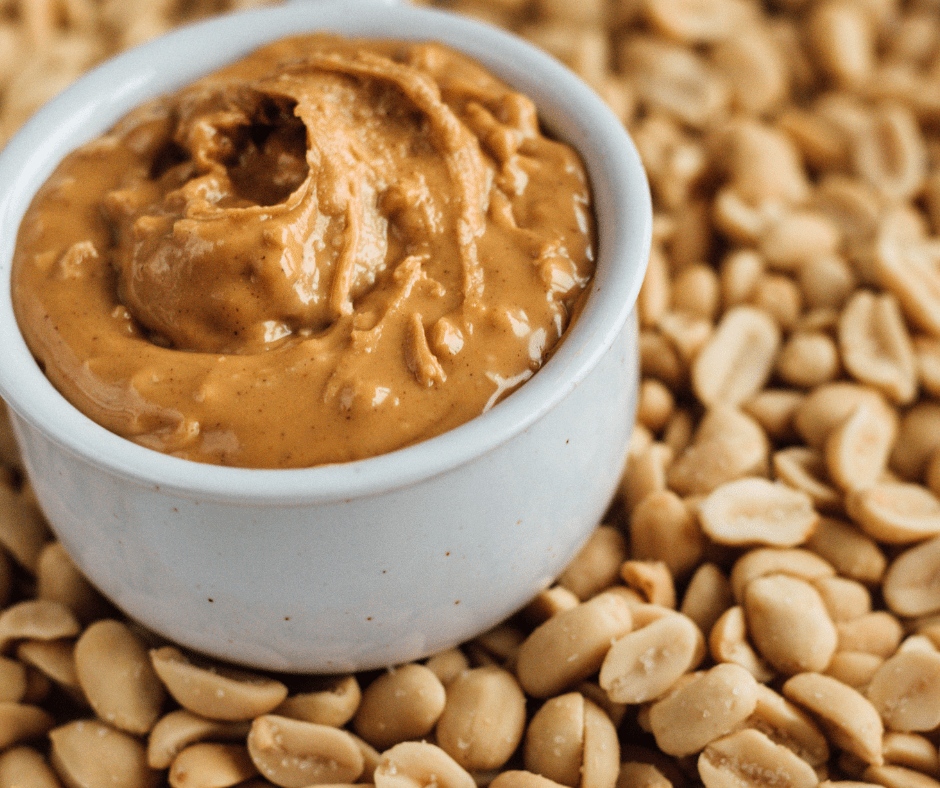Gatsrointestinal disorders, such as constipation and abdominal pain, diarrhea and bloating due in relation to certain food items, often impact people who are who suffer from irritable bowel syndrome (IBS) as well as other digestive disorders. However, food sensitivities can be affecting any person.Does peanut Butter Cause Constipation ?
Keep your own food journal to identify the food items that may cause the symptoms. Intolerant to nuts and butters may be the reason for leading to constipation, however peanut butter also has substances that can help aid in the fight against constipation. See your physician for the most precise solutions to your health-related questions.
Fiber to Beat Constipation
Peanut butter is a great aid in battling constipation due to the fiber it contains. Every 2-tablespoon portion of chunky peanut butter contains 2.6 milligrams of fiber10 percent of daily consumption of women, and seven percent to guys which is suggested from the Institute of Medicine.
Since it softens and loosens the stool making it more easy to pass it, fiber is an natural treatment for constipation.. But, if you eat high in fiber, such as peanut butter, but don’t have enough fluid intake, you could suffer from constipation caused by peanut butter.
Insensitivity for Salicylates as well as Amines
Your food sensitivities might cause your constipation from peanut butter. Peanut butter has moderate amounts of salicylates and amines that are organic food chemicals that are found in a range of food items that we consume regularly.
However, if at risk of gastrointestinal issues or susceptible to salicylates and amines eating peanut butter on a regular basis can lead to the accumulation of enough natural chemicals found in food products within your body to cause constipation , or other signs of food sensitivities.
Peanuts contain the same substances as well, and it’s the peanuts with skins that contain the highest concentrations of salicylates as well as amines.
Intolerance towards Peanuts
Food intolerances are not widely recognized and aren’t well understood by health professionals in general. Intolerant to peanuts should not be mistaken for a peanut allergy.
Food intolerances don’t cause an immune response from your immune system, however it could cause a variety of symptoms, such as constipation, as per the American Academy of Allergy as well as Immunology.

People who are adversely affected by nuts and experience stomach issues often have difficulty absorbing different types of nuts, too.
Learn more about Healthy Peanut Butter brands
Take Out Peanuts from Your Diet
While diagnostic methods to determine the sensitivity to salicylates and other amines or to improve the level of peanut intolerance the most effective method is to remove the suspected food items from your diet and check if symptoms improve. Remove peanuts and Peanut Butter from the diet of yours for several weeks, following a plan recommended by the Allergy Unit of the Royal Prince Alfred Hospital.
Eliminate all foods that contain even a small amount of peanuts to allow your body to get rid of the possible chemicals found in peanuts as well as peanut butter that may cause constipation. When your stool movements are regular when you eliminate the peanut butter in your diet you’ll be able to identify the reason for your discomfort.
Test Other Nuts
After removing peanut butter as well as peanuts out of your diet and easing constipation, consider introducing different types of nuts, or butter into your diet to check your tolerance. If you found that peanut butter and peanuts can cause constipation when you are on your diet to eliminate constipation it is recommended not to introduce them again.
If you are a fan of peanut butter, attempt to eat tiny amounts of it every few days to determine your tolerance to moderate amounts. If not, try cashew butter, almond butter, or any other peanut butters to see whether you are able to consume them without constipation problems.





















Discussion about this post